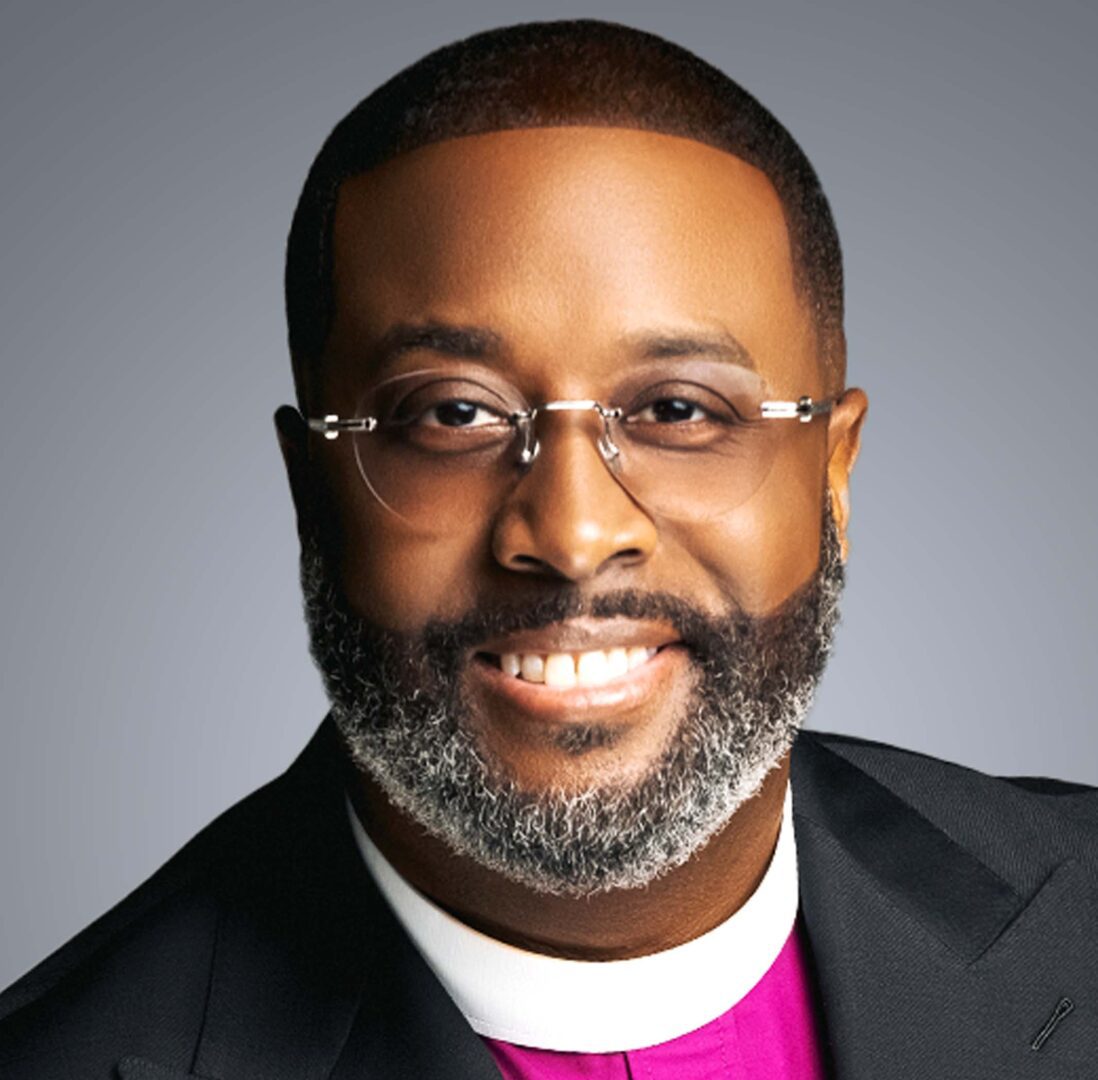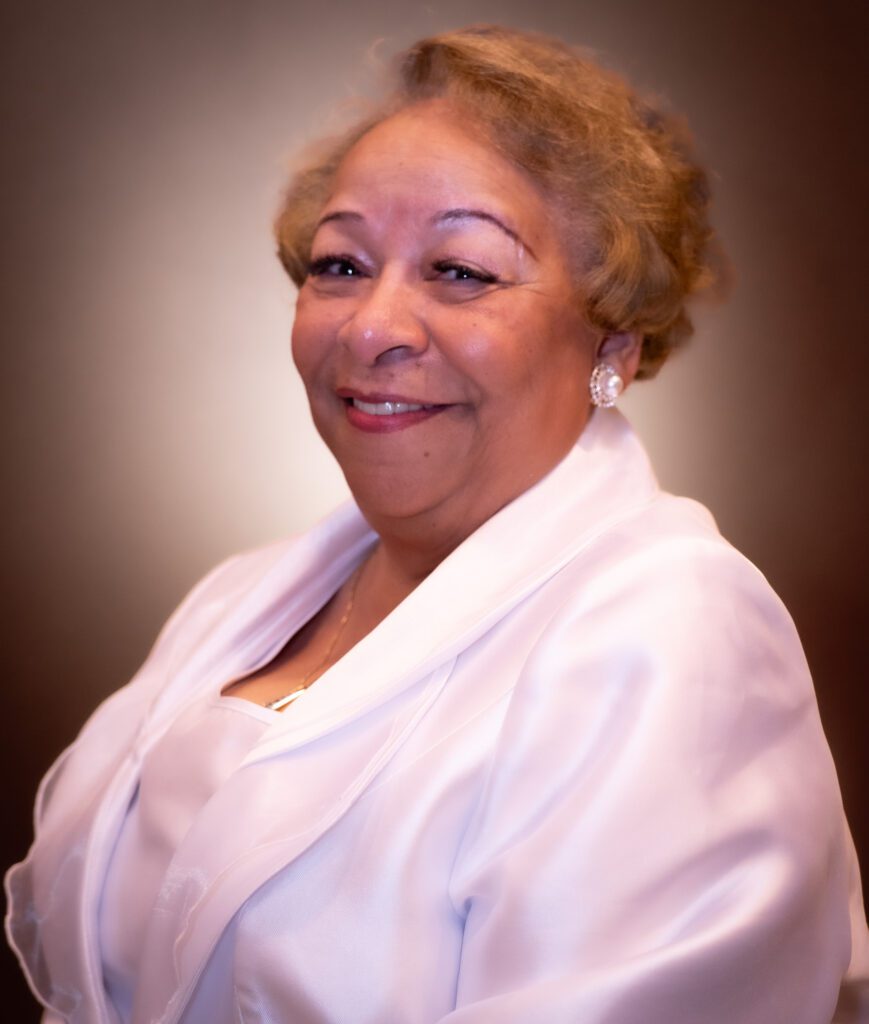
Bishop Charley Hames, Jr.
Department Chairman

Dr. Jacqueline I. Scott
International President, Women’s Missionary Council
-
Vice President:
Mrs. Calandra Hunter -
The Missionary Messenger, Editor:
Mrs. Geraldine Taylor-Winslett -
Secretary:
Ms. S. Paige Perry -
Assistant Secretary:
Mrs. Deborah Dickenson -
Treasurer:
Dr. Nellie B. King
Women's Missionary Council
The Women’s Missionary Council of the Christian Methodist Episcopal Church is one of nine programmatic departments.
The Council was founded in Nashville, Tennessee, in September, 1918 and celebrated its 100th year in ministry in 2018!
Historically, women had been denied leadership roles in the church – they sang, prayed, shouted and raised money. Mrs. Carolyn Poe, President of the Women’s Missionary South of the East Texas Conference, started a movement toward a larger and official role for women in 1882. In 1890, the Women’s Missionary Society became official.
The Connectional Woman’s Society was formally organized on September 3, 1918 at Capers Memorial Church in Nashville. Dr. Mattie E. Coleman was its first president. This organization is known as the Women’s Missionary Council. It is a Connectional Ministry. Thus, Missionary Societies are a part of all local congregations, District Conference, and Annual Conferences.
Dr. Princess A. Pegues is the International President of the Women’s Missionary Council.
The Missionary Messenger is a monthly publication by and for missionaries. White and royal blue are the missionary colors.
- In the Ministry: In 1918, the General Conference gave authority to license women as local preachers. Today, women serve as pastors, associate pastors, presiding elders and exhorters.
- In the Church: Women hold various positions in the CME Church among which are stewardesses, trustees, ushers, Sunday School superintendents, Directors of Board of Christian Education and musicians, just to name a few.
- As Delegates: The 1930 General Conference granted women the right to be delegates, though they did not have full rights equal to those of men. Today, women comprise an apportioned share of the delegates to the General Conference.
